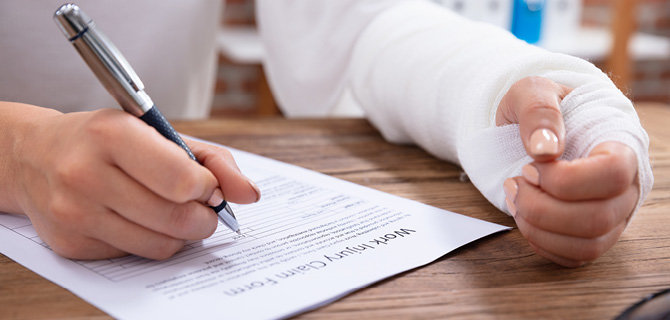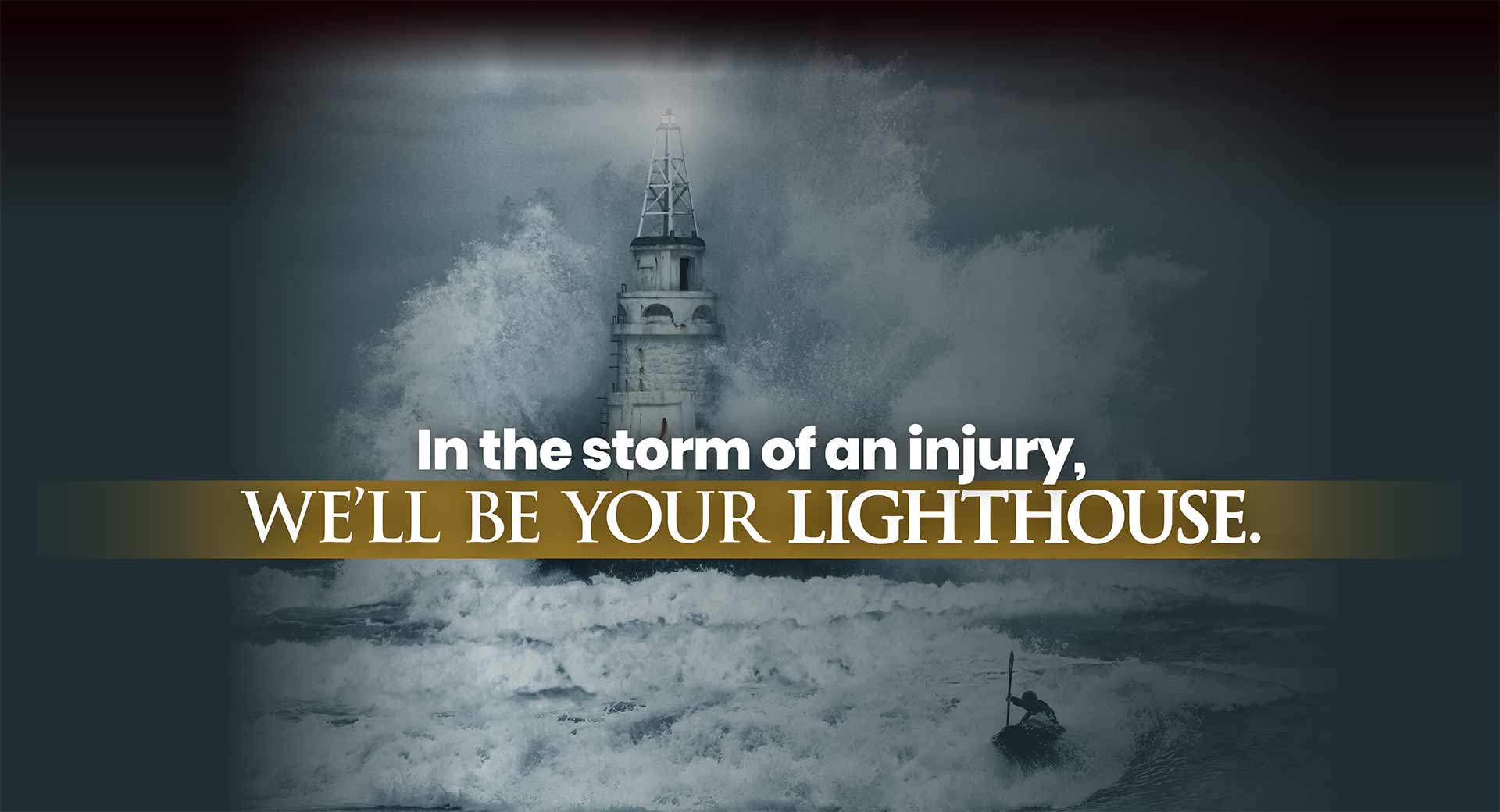IMPORTANT: Before You Talk To The Adjuster, Get This Free Book. Click Here!
Insurance forms will fill up your mailbox after a car accident like political postcards in the middle of primary season. Should you sign these forms? The answer is no, at least, not at first.
Before you sign any documents, authorizations, releases, or contracts, it would be smart to discover if this is the kind case you should handle on your own without a lawyer. Certain types of low injury or property damage claims you can handle on your own and will probably get to the same place with or without a lawyer. Other cases are more complicated involving proof of liability, future damages, uninsured or underinsured issues and will require a lawyer. Other cases fall somewhere in the middle and folks will at time decide to hire a lawyer because it is a hassle to deal with all the red tape and forms on their own.
Let’s assume you will be handling this yourself. You will have a property damage claim, a no-fault claim, and a liability claim.
Don’t sign a Release of Liability right away.

Some adjusters will call you within days and offer you a small amount and get you to sign a release of liability. Your signature on a release of liability ends your claim. If the check is large enough, that is fine, but usually, right after the accident, you do not know the extent of your injuries, disability or what future medical bills you may have, wait until you know.
Your Property Damage Auto Accident Claim.
You are entitled to the fair market value or cost of repair, whichever is lower. If your repair shop “totals” the car then get written values from the dealer or a bank. It will be hard to negotiate with the insurance company unless you have something in writing from an expert supporting your view of the value.
If the company will repair your car, they will arrange for you to rent a car. If they will take a while to come up with the value of your car, they will usually arrange a rental or pay you for the loss of use.
If your car is repaired, you are entitled to how much value the car lost in the collision, although you may have to sue to get it.
If you have full coverage on your car, you can make this claim against your own company or the liability company.
If you have a loan on the car, and the value is less than the loan, contact your GAP insurance. GAP insurance protects the borrower if the car is totaled by paying the remaining difference between the actual cash value of a vehicle and the balance still owed on the financing.
Your Auto Accident Claim Pip Benefits

The first insurance company you need to report your claim will be your own auto insurance company. You have in your policy something called PIP benefits, also called no-fault benefits. You can get more information by clicking here. Your insurance company will send you an insurance form to fill out, and to get the benefits you will need to complete the form and sign. List all your injuries as leaving out an injury is a common mistake. The place to list the injuries is small, and if you run out of room reference you can add a page or write it on the back. They will pay the benefits and get repaid out of your settlement although you can in certain situations, negotiate a lower amount if there is some fault on you or if the settlement doesn’t duplicate the payments.
Your Auto Accident Claim Liability Claim
If you can prove liability, the other driver and their insurance company must pay you for your economic losses, pain and suffering, and disability. You will also need to know what your future medical bills will be. It can be included in your claim. You need to know your physical limitations, and how it will hurt your ability to earn an income so that all of it can be included.
Gather all your medical records and type up a letter explaining the legal claim that includes a medical summary and all the medical diagnostic and treatment codes. The insurance adjuster will be typing the codes into a computer program to start their evaluation. The adjuster will want you to sign forms so they can talk to your doctor and get the medical records and your wage records. They will also send you an insurance form so they can notify Medicare of your claim. Medicare often will make a claim against your case, which you must consider and pay. Check for the other liens against the recovery like the hospital lien or Medicare lien. If your treating doctor asks you to sign a lien, don’t. He or she is not entitled to a lien, and you don’t want the jury to think they have an interest in the amount of your recovery.
Your claim is worth what a jury would award. No one knows for sure what a jury will award but check recent jury verdicts to come up with a range. If you go too high with your offer, the insurance company will stop negotiating, and you don’t want to go too low. Remember the insurance adjuster does not work for you but works for the insurance company, and his or her job is to keep the payout low.

